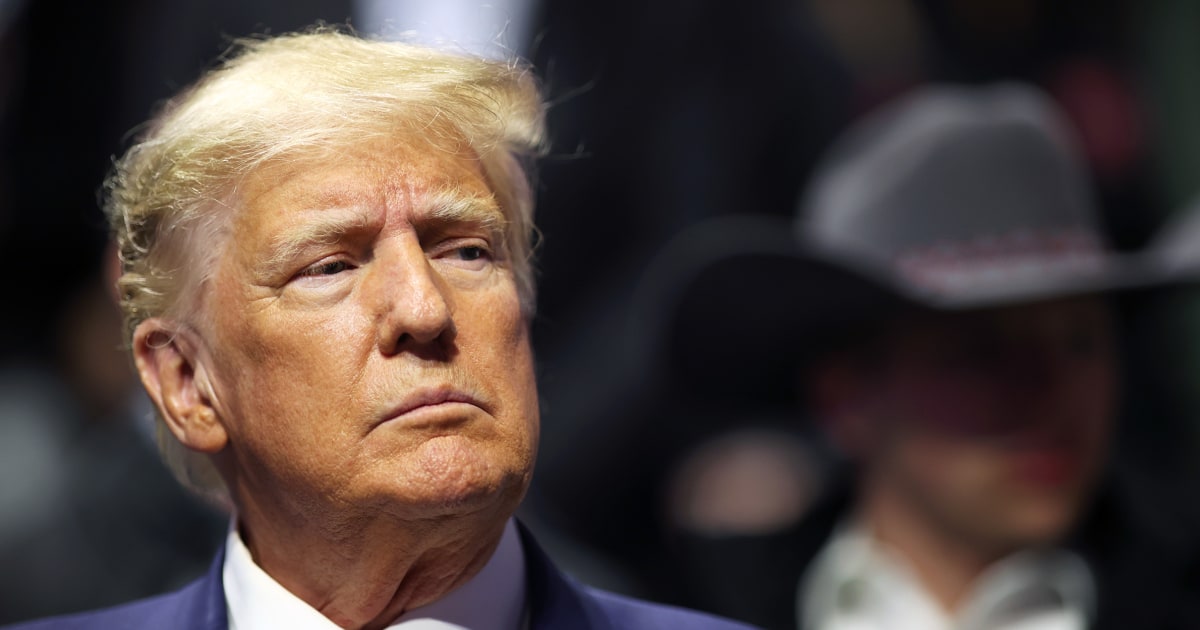Key takeaways:
- Donald Trump has decided not to pursue a relocation of his criminal election interference case in Georgia to federal court.
- Trump’s attorney has expressed confidence that the Georgia courts will protect his constitutional right to a fair trial.
- The criminal election interference case stems from a phone call Trump made to Georgia Secretary of State Brad Raffensperger in January.
Former President Donald Trump has decided not to pursue a relocation of his criminal election interference case in Georgia to federal court. This decision was made in a court filing Thursday, weeks after Trump’s attorneys had notified Fulton County Superior Court Judge Scott McAfee that he might try to pursue a federal venue.
In the filing, Trump’s attorney Steven Sadow said the former president’s previous notice to the court was made “in an abundance of caution,” and that he is now assured he’ll receive fair treatment in the Georgia courts.
“This decision is based on his well-founded confidence that this Honorable Court intends to fully and completely protect his constitutional right to a fair trial and guarantee him due process of law throughout the prosecution of his case in the Superior Court of Fulton County, Georgia,” Sadow wrote.
The criminal election interference case in Georgia stems from a phone call Trump made to Georgia Secretary of State Brad Raffensperger in January, in which he urged Raffensperger to “find” enough votes to overturn the state’s election results. Trump was subsequently charged with two felonies: criminal solicitation to commit election fraud and criminal conspiracy to commit election fraud.
The case is currently pending in the Superior Court of Fulton County, Georgia. Trump’s lawyers have argued that the case should be dismissed, citing a lack of jurisdiction and the fact that the alleged conduct occurred while Trump was still in office. Judge McAfee has yet to rule on the motion.



Be First to Comment